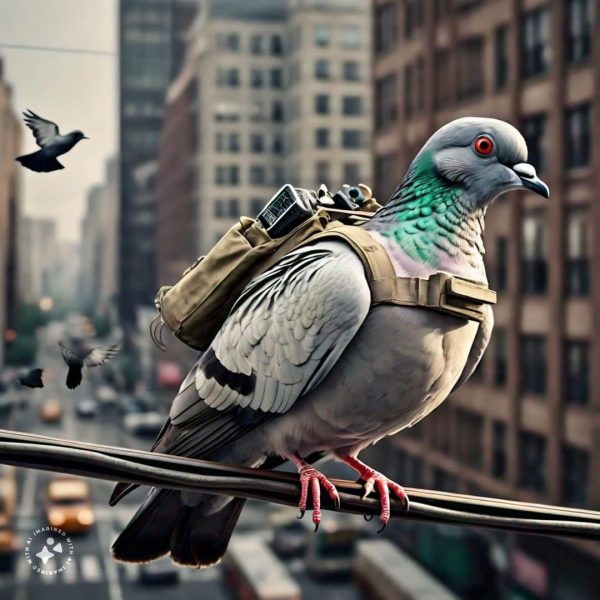Liking anime doesn’t stop Asian hate
Growing up as a Vietnamese-born American, I often heard my peers telling me that my lunches were “smelly,” my eyes were “too small” and that the South East Asian media I consumed was “weird.”
As I grew older, the ignorance of others became more apparent.Peers from my predominantly white high school found themselves more comfortable using racial slurs and acting on racial stereotypes. Someone even asked my high school partner how much he “paid for me,” a reference to harmful stereotypes about the supposed submissiveness and poverty of the East Asian population.
While unprovoked confrontations weren’t uncommon, no one ever laid their hands on me until the spring of 2020.
Just before the coronavirus pandemic hit the United States and just before students were dismissed from the university, I was in downtown New Haven at night when two white men approached me while I waited for my friend to use the ATM. They surrounded me, calling me “baby” and told me that they’d invite me for drinks if I smiled for them. Ignoring them was enough to unleash their rage, as one of the men immediately grabbed my arm to spit that I was “filthy” anyway and to blame me for COVID-19. A volley of slurs had just left his lips before my fist flew toward his temple.
Anti-Asian hate crimes increased 339% nationwide in 2021 with Los Angeles recording the highest overall number of hate crimes of any U.S. city in the last century. Only one month after I was accosted on the street, a domestic terrorist murdered six Asian women and two others in a spa in Atlanta to eliminate “temptation.” With the rise of racist rhetoric and racially-motivated crime, movements such as Stop Asian Hate sprang up and the American population began having more conversations about prejudice against Asian Americans and Pacific Islanders.
“Squid Game,” a Korean survival-drama and a commentary on money and humanity, was released on Netflix on Sept. 17, 2021. Within the first 28 days of its release, the TV show racked up 1.65 billion hours of viewing time and swiftly became Netflix’s most viewed title of all time. The anime industry, according to the Association of Japanese Animations (AJA), also reported 2021 revenue to have grown by 13.3%. With 2021 revenue topping at about $2 billion U.S. dollars, this amount would mark the largest sum the AJA had made since 2002. The South Korean musical group BTS also won the global recording artist of the year award for 2021.
As soon as I faced the most terrifying spike of anti-Asian hate and violence I had ever experienced, people were soon sporting “Squid Game” costumes, buzzing about Demon Slayer and proudly claiming to be A.R.M.Y. (the fandom name for BTS). Having been teased for my traditional áo dài every year, my peers were suddenly interested in what “authentic food” I could make and what my “Chinese New Year” celebrations were like — even though I celebrated Tết Nguyên Đán. Some would say that I should be happy that people are suddenly taking interest in something resembling my background, but really, Asian people and Pacific Islanders shouldn’t be grateful to be commodified. Cultural art is not a supplement for a discussion about race and respect and the treatment of human beings should not rely on how popular that art is.









